The sober curious movement is growing in popularity in the United States and globally. Abstaining from alcohol on certain occasions or altogether has become more than a just another health trend.
As a Registered Dietitian, I get asked about the effects of alcohol on the body. This article explores what the sober curious movement is, health benefits of cutting back on alcohol, and resources to learn more.

Limiting alcohol intake or going alcohol free with a sober curious lifestyle even just for a short period of time can have several health benefits. And the research has really only just begun. So, let’s take a look at what the growing movement of being sober curious is all about.
In this post, I share:
- The meaning of the sober curious movement.
- Research on the health impact of alcohol.
- Books I recommend if you want to learn more.
- How to get started if you’re interested in joining the sober curious movement.
- Alcohol free beer and wine options.
If you want to try a great mocktail at home, make this non-alcoholic Sparkling Apple Crisp Mocktail or a refreshing Ginger Beer Moscow Mule Mocktail.
Jump to:
- Alcohol Use Disorder (AUD)
- What is Sober Curious?
- Why Sober Curious?
- Health Benefits of Cutting Back on Alcohol
- Sober Curious Books: Quit Literature, aka "Quit Lit"
- Alcohol Free Beverage Options
- How to Get Started in the Sober Curious Movement
- In Conclusion
- LOOKING FOR MORE NUTRITION EDUCATION?
- CHECK OUT THESE NOURISHING Dietitian RECIPES
- 💬 Comments
Alcohol Use Disorder (AUD)
Alcohol use disorder, or AUD, is defined by the National Institute on Alcohol Abuse and Alcoholism as a medical condition characterized by an impaired ability to stop or control alcohol use despite adverse social, occupational, or health consequences.
Furthermore, a National Survey on Drug Use and Health done in 2021 showed that nearly 29 million adults ages 18 and older had AUD.
The sober curious movement aims to decrease alcohol related abuse in a way that is non-judgmental and without labels like “alcoholic” or “alcoholism”.

What is Sober Curious?
By definition, someone who is sober curious is questioning their relationship with alcoholic beverages. This means different things to different people. One person may be trying decrease the amount of alcohol they drink and aiming to have no more than one drink per week. Another may be thinking about quitting drinking altogether, or working on becoming more aware of the reasons why they drink.
Many people are making more conscious choices toward healthier living in general and realize the effects of alcohol including health risks associated with alcoholic beverages.
Even moderate drinking defined by the National Institutes of Health as no more than one drink per day for women and no more than two drinks per day for men can negatively impact health. And for some, cutting back could have a positive impact on their personal growth and social life, too.
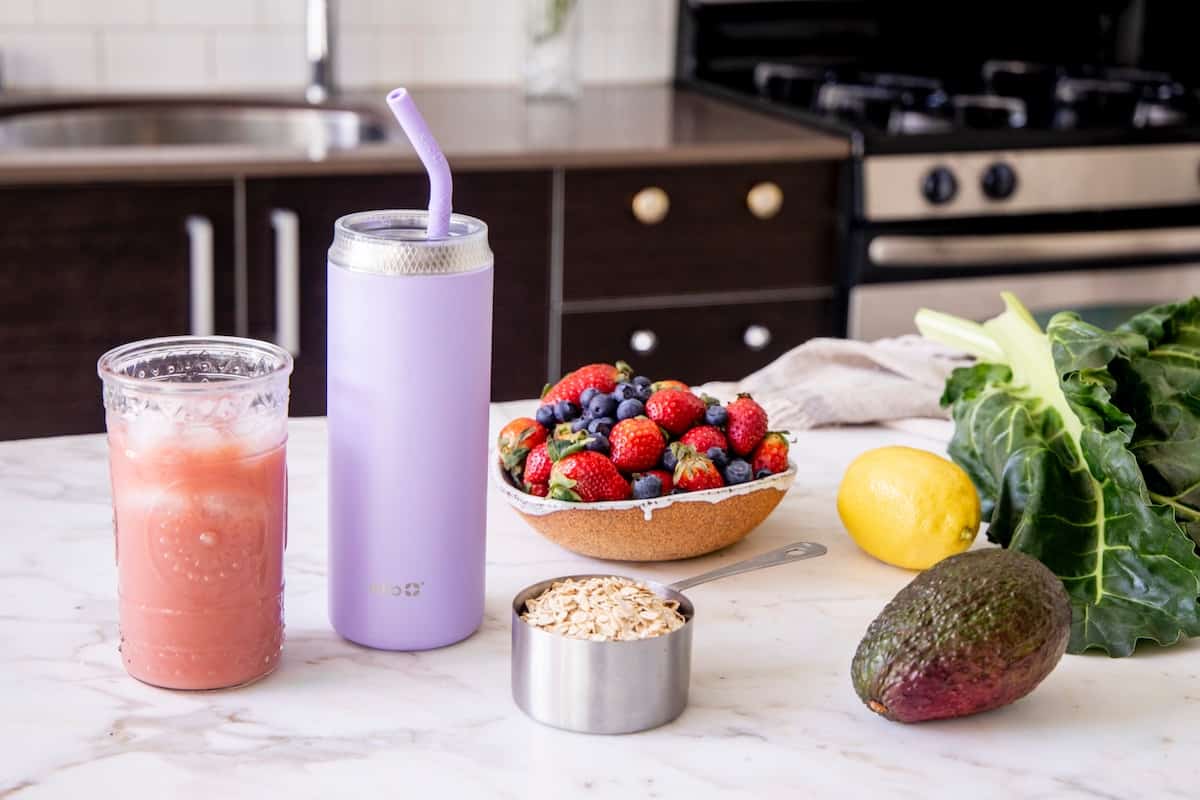
Why Sober Curious?
A recent study showed that 34% of Americans are trying to drink less alcohol in 2023. And many have intentions to stop drinking altogether. This trend is particularly popular among young people including Gen Zers and Millennials.
There are several reasons people are interested in the sober curious movement and not drinking. It could be for health reasons, physical or mental. Maybe they want to have greater focus, better sleep or lose some weight. It could also be for social reasons. To be more present and feel a deep connection in social interactions.
Some have noticed an increase in shame and anxiety around drinking alcohol or feel as though they have lost control of their drinking and have developed a habit of binge drinking or have a dependence on alcohol.
Some may want to live without the haze that comes with a hangover the morning after they drank excessive alcohol or one too many liquor cocktails. Many people are concerned about addiction that runs in their family. Others want to save money.
No matter the reason, it’s unquestionable that the sober curious movement is gaining steam.
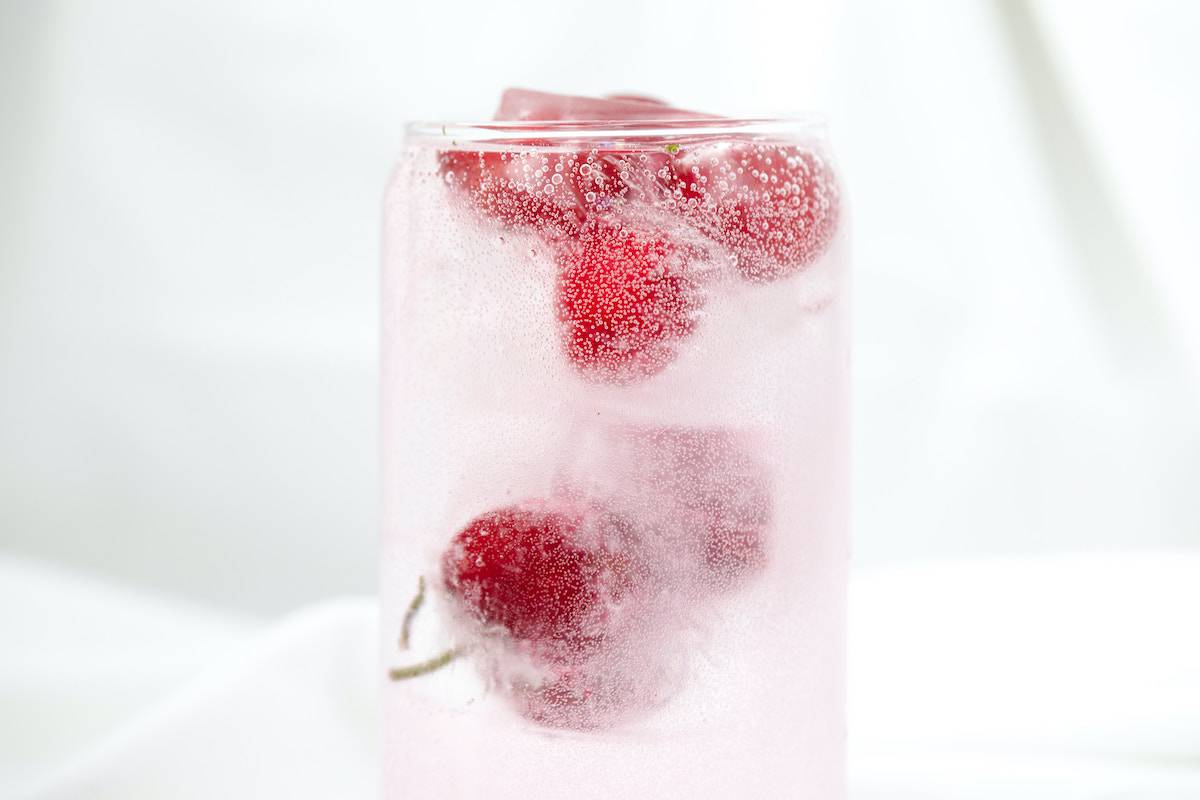
Health Benefits of Cutting Back on Alcohol
Let’s look at some of the potential benefits of giving up or cutting back on the booze from an overall health perspective.
A recent study looked at harm reduction for sober curious people who abstained from alcohol for one month. They found that participants reported health benefits, including sleep improvement and weight loss. So a dry January or sober October might just be a good idea if you’re looking to improve your health.
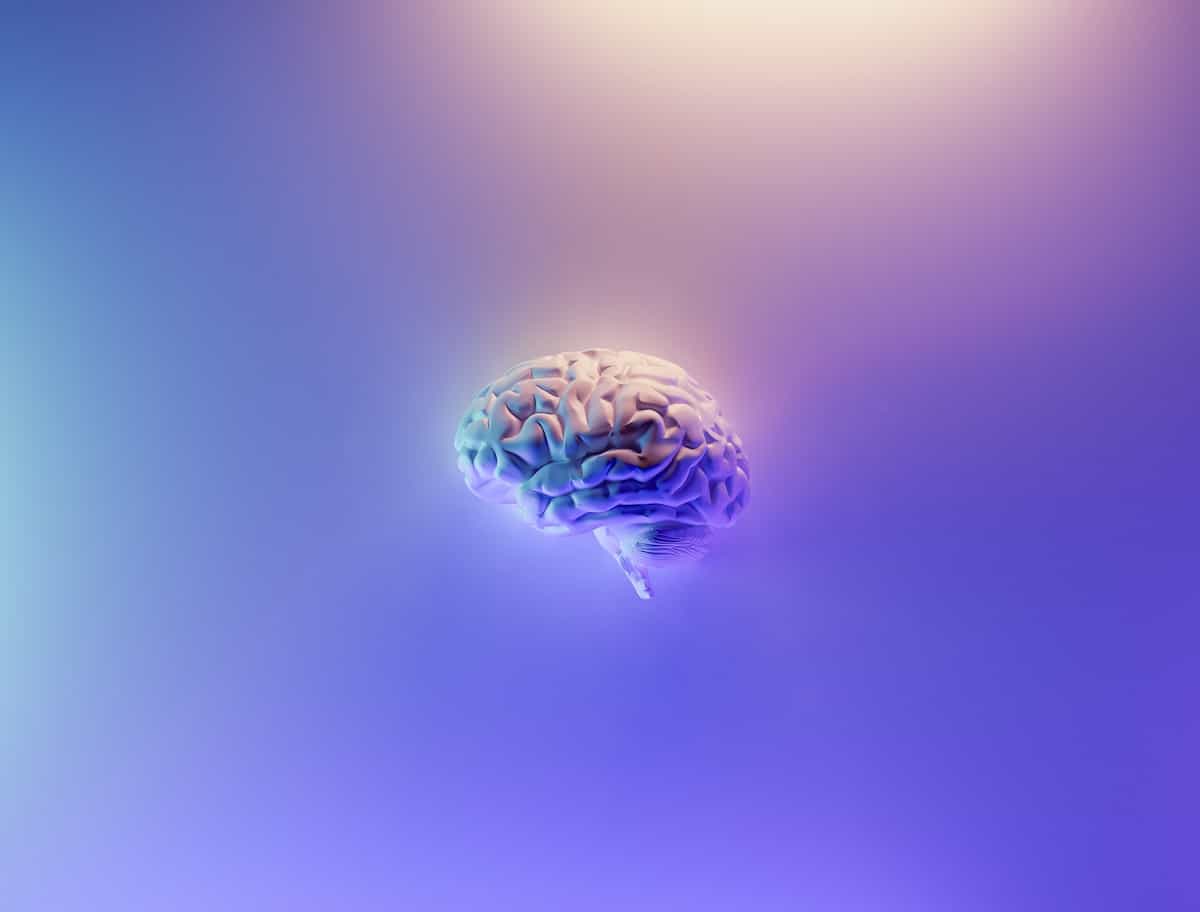
Alcohol and Brain Health
Alcohol is a neurotoxin. It affects parts of the brain that help with a multitude of things including balance, memory, speech and judgment. This makes accidents and injuries more likely when consuming alcohol.
It also increases the likelihood of doing something socially inappropriate that you wouldn't normally do. Excessive drinking has led to embarrassing moments for many people.
A high alcohol concentration in your blood has a negative impact on your overall brain health long after your night of drinking. Many people who are sober curious are cutting back to help improve brain fog.
Long term heavy drinking can cause brain-damage. It can alter neurons, the cells that transmit impulses from your brain to your body. And studies have shown that any level of alcohol consumption may impact the brain by causing a decrease in gray and white matter.
Living a sober curious lifestyle in which you avoid alcohol more often may make you feel more mentally clear and present.

Alcohol and Mental Health
Have you ever experienced anxiety the next day after a night of drinking? This is commonly referred to as “hangxiety” and is a combination of anxiety and hangovers. Hangxiety isn’t just your imagination. It’s a very real thing!
Essentially, when you starting drinking alcohol, it increases “feel good” hormones in your brain. Which feels great in the moment. But as your brain works to brings those levels back to normal, you may experience lows that come with alcohol withdrawal. You might feel shaky and sick or have a feeling of dread that you just can’t seem to brush.
Alcohol also impacts mental health because it is a depressant. Yes, even tequila which many people mistake for a stimulant.
Many sober curious individuals notice a decrease in anxiety and depression that comes with cutting back on alcohol.
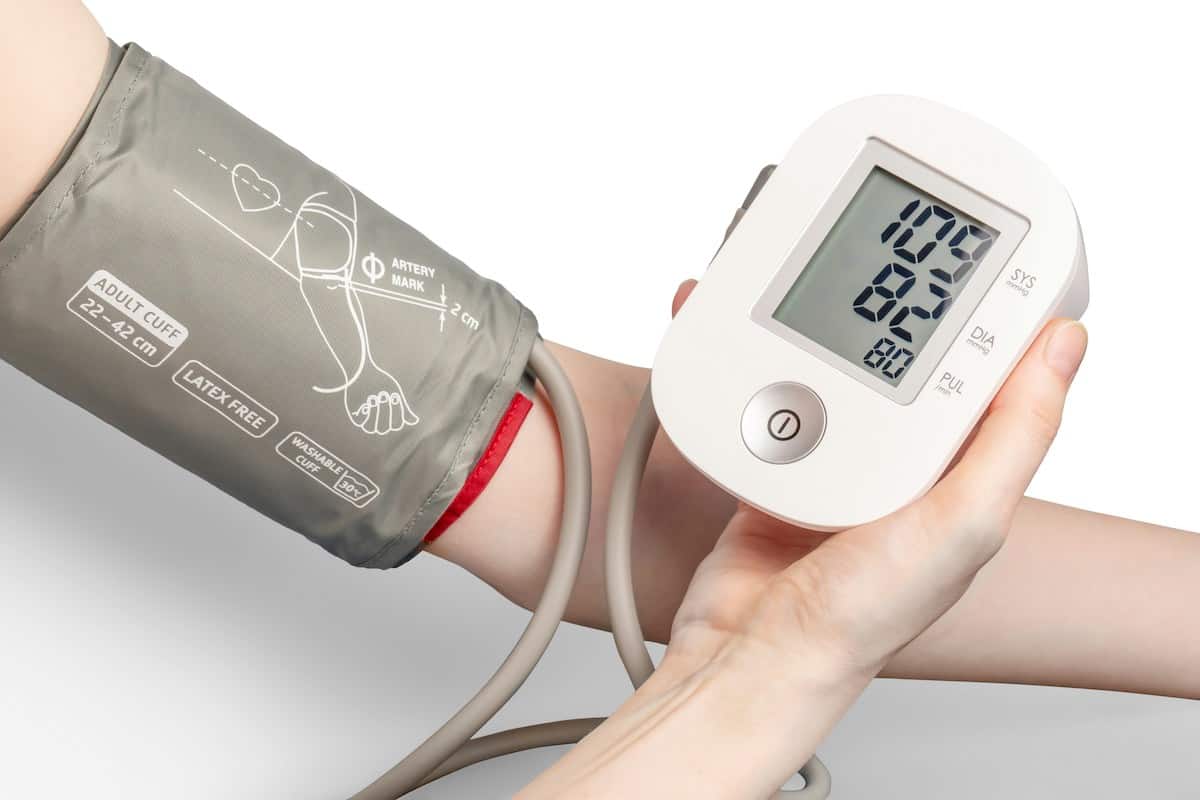
Alcohol and Heart Health
According to the American Heart Association, drinking too much alcohol has a negative impact on heart health and cardiovascular disease. Some of these include high blood pressure and stroke. Alcohol can also increase triglycerides which increases the risk of heart disease.
Drinking alcohol often adds empty calories to your daily intake putting you at higher risk of obesity. And often foods that are eaten while drinking play a part in this, too. Many people who have a few drinks notice that alcohol increases their appetite and after drinking, they tend to crave foods high in fat, cholesterol, and h sugar that they wouldn’t normally eat when sober.
This is why some of the common reasons people cut back on drinking at least temporarily include to lose weight or prevent chronic illness like heart disease.
There have been articles claiming that wine consumption is good for heart health because it has antioxidants. But in fact, antioxidants can be found in higher amounts in many other foods that don’t come with the side effects and health-problems that alcohol does. Things like blueberries, grapes, and other plant foods are great sources of antioxidants!
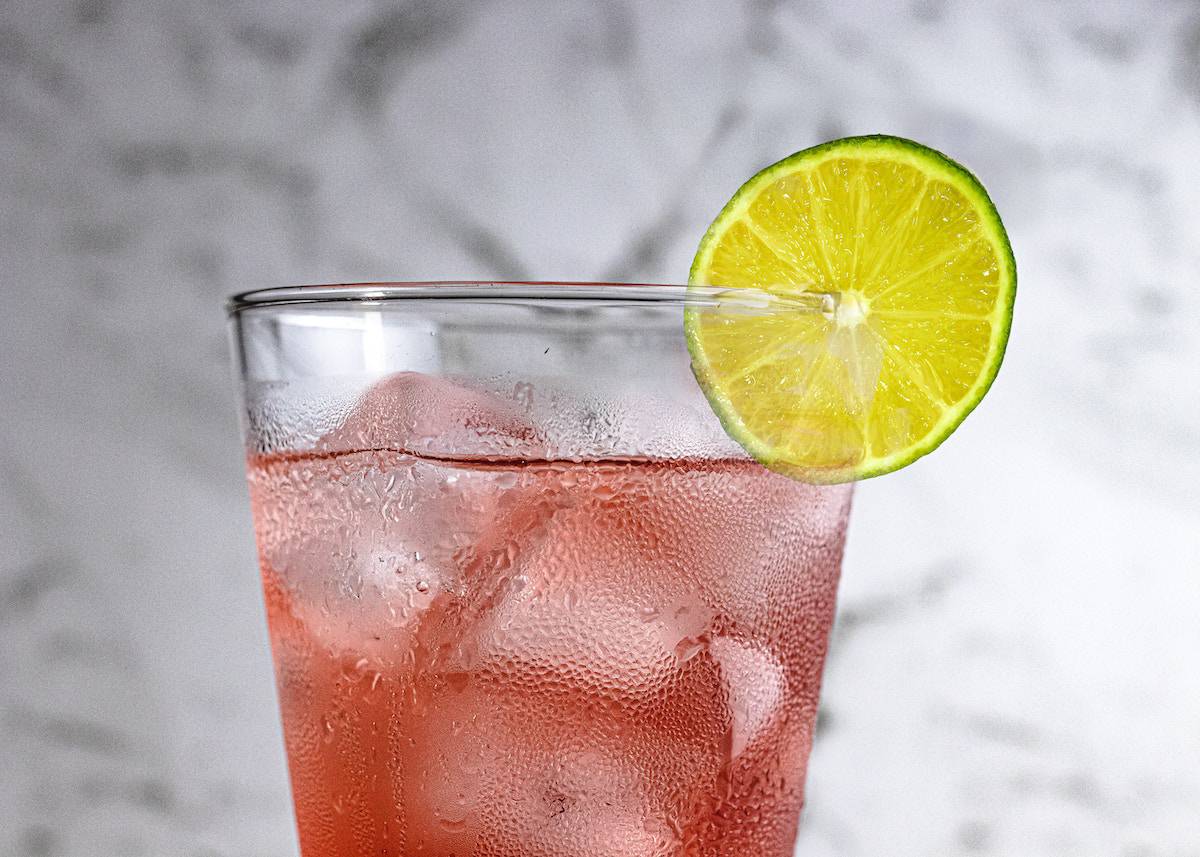
Alcohol and Cancer
You probably know that alcoholism can lead to liver disease called cirrhosis. But evidence is strong on the link between alcohol and cancer, too. Drinking alcohol has been shown to be a risk-factor of many kinds of cancer. These include breast cancer, stomach cancer, and liver cancer, among others.
One theory scientists have as to why there is a link between alcohol drinking and cancer risk is that alcohol is broken down in your body to a chemical that can impact your cells negatively. When this happens, cells can grow abnormally and out of control into cancer cells.
The good news is that there are many health benefits on the other side of alcohol! Even if you opt to just cut back instead of completely abstaining, you decrease your risk of many of these health impacts.
And although it may be hard to think of going to a social events or social situations without drinking, the more you do it the easier it becomes.

Sober Curious Books: Quit Literature, aka "Quit Lit"
The sober curious movement has grown to the point where there is a whole genre of books about alcohol free living and cutting back on consumption of alcohol. It is often referred to as “quit literature” or "quit lit". This includes anything from books about the effects alcohol has on health to memoirs about getting sober and living alcohol free.
If you have had concerns or questions about your alcohol habits or you just want to learn more about how alcohol affects your body, there is no limit of sober curious books. You might also want to check out podcasts and follow some of these authors on social media!
We are the Luckiest: The Surprising Magic of a Sober Life by Laura McKowen
In her memoir about her own struggle with alcohol addiction and heavy alcohol consumption, McKowen talks about how coming out on the other side of it gave her a more enriched and fulfilling experience of sober living.
"If you truly want to live with peace in your heart and be free of the burdens of the past — you must be brave enough to be willing to look at yourself honestly, clearly, and without reservation. You must take responsibility for everything that’s ever happened to you. Not blame. Responsibility. -Laura McKowen, We are the Luckiest: The Surprising Magic of a Sober Life
The Unexpected Joy of Being Sober by Catherine Gray.
Similar to McKowen, Gray shares her experience of alcohol dependency and how she found freedom on the other side of problem drinking. She gets raw about some of her scary drunken experiences and encourages those who are considering taking an alcohol break or breaking from alcohol altogether to be patient with themselves. It takes time to let go of addiction.
"I found myself with dozens more hours in the week, heaps more energy… more money over four years, deepened friendships, revived family relationships, better skin, a tighter body, tanned legs for the first time ever, the ability to sleep for eight uninterrupted hours, a bone-deep sense of well-being, a totally turned-around positive outlook and an infinitely more successful career. What’s not to like?!" -Catherine Gray, The Unexpected Joy of Being Sober
This Naked Mind: Control Alcohol, Find Freedom, Discover Happiness and Change your Life by Annie Grace.
Grace was a marketing executive and struggled with alcohol addiction and drank heavily, often 2 bottles of wine in the evenings. She took it upon herself to research alcohol and the psychological and neurological effects it has on our bodies.
She challenges you to question whether alcohol is playing the role you think it is. For example, does an alcoholic beverage really help you unwind, does it actually make you more social or creative, does it honestly help you sleep? She points out the billion dollar alcohol marketing industry and how it has played into dependency on alcohol.
"Unconscious learning happens automatically and unintentionally through experiences, observations, conditioning, and practice. We’ve been conditioned to believe we enjoy drinking. We think it enhances our social life and relieves boredom and stress. We believe these things below our conscious awareness. This is why, even after we consciously acknowledge that alcohol takes more than it gives, we retain the desire to drink." -Annie Grace, This Naked Mind
Sober Curious: The Blissful Sleep, Greater Focus, and Deep Connection Awaiting us All on the Other Side of Alcohol by Ruby Warrington
Ruby coined the term “Sober Curious” in her book. Without any judgment, Ruby encourages the reader to question their relationship with alcohol and why they drink alcohol at whatever level of drinking they do.
She leaves you, the reader, feeling encouraged to reclaim power over alcohol and find freedom and joy from within rather than from the bottle. She insists that there is limitless presence on the other side of alcohol.
“For many of us, getting Sober Curious begins with a simple question: Would my life be better without alcohol? To discover the answer for yourself, all that remains is to put the cork back in the bottle, open your eyes, and see.” -Ruby Warrington, Sober Curious
If you're on a sober curious journey, podcasts or online communities are another great resource to look into!
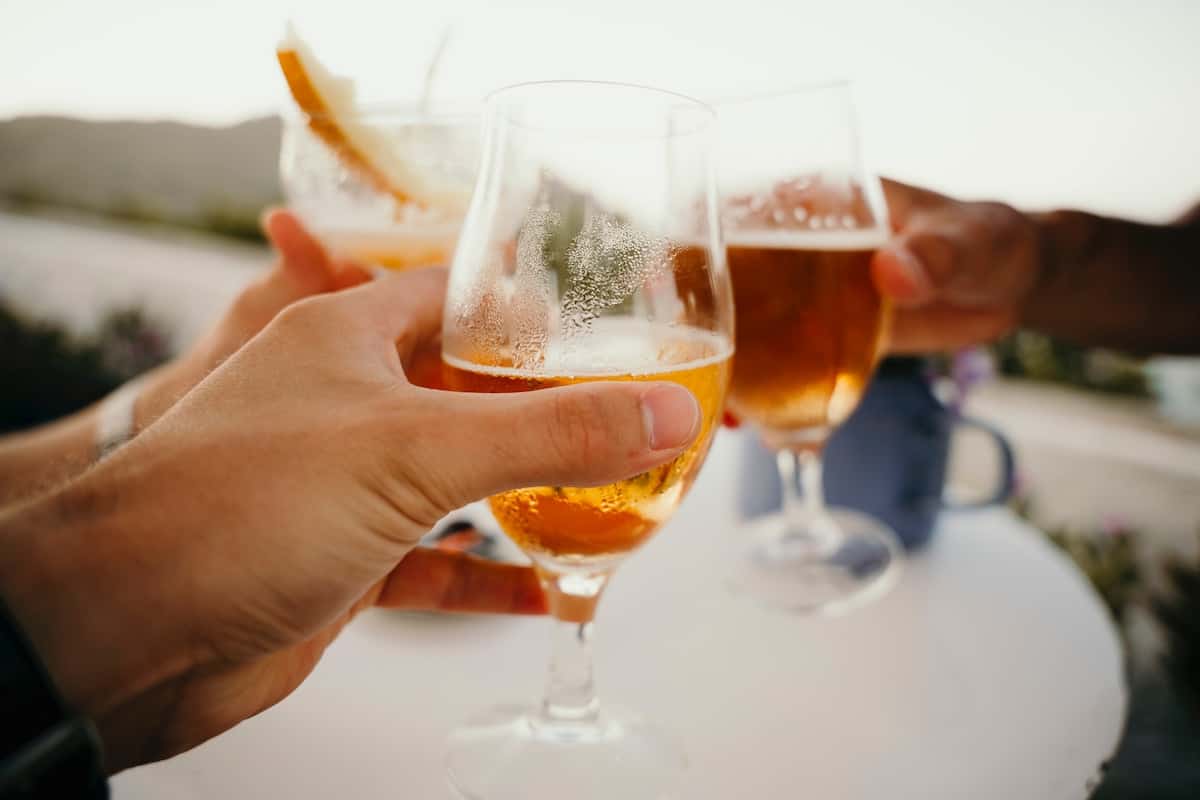
Alcohol Free Beverage Options
With this growing interest in a healthier personal relationship with alcohol, especially among young adults, you might have noticed an uptick in mocktails, zero alcohol drinks, or low alcohol beverages. The sober curious movement is driving an increase in sales of low alcohol and non-alcoholic drinks as well as mocktails in the alcohol industry.
Low to no alcohol beer, wine, cider, and spirits grew over 7% in volume and the market value of these no to low alcohol products grew from $8 billion to $11 billion from 2018 to 2022. This is according to a report from IWSR Drinks Market Analysis that looked at 10 global markets.
These are great options when you are in social settings and want a drink, but don’t want alcohol. As more people are deciding to stack up alcohol free days, whether it be by taking some weekends off from drinking, participating in dry January, or dry July or stopping altogether, it's no surprise that there has been an increased demand for alcohol free beverage options!
In some cities, sober bars are even opening as options for people who want a night free of the social pressure of drinking in an otherwise dominant drinking culture. These bars serve only alcohol-free beverages and are a great way to make social connections without substance use.
So what are some of the popular non-alcoholic alternatives out there for the sober curious crowd? Let’s take a look at some that have become available in recent years!

Non-Alcoholic Beers
Athletic Brewing
Athletic Brewery makes several craft non-alcoholic (NA) beers. You can find pretty much any style of beer you are looking for from stouts to lagers to IPAs. All made alcohol free. So you can enjoy the taste without the alcohol.
Their beers have won several awards for their taste and they are widely available at grocery stores. According to their website, their mission is to “positively impact our customers’ health, fitness, and happiness while greatly impacting our communities and environment for the better.”
I recommend their Upside Dawn Golden if you find it! It’s 45 calories, refreshing, and delicious! They also make seasonal brews and an award-winning IPA, the Run Wild IPA.
Best Day Brewing
Best day is a brewery focused on low calorie, low sugar, low carb alcohol free beers for those taking a sober curious approach. They have options including a Kolsch, Hazy IPA, West Coast IPA, and an Electro-Lime Cerveza. Their beers are currently sold in several states and they are growing in distribution. You can also order through their website and they can ship to most states in the US.
HopWtr
HopWtr’s beverages are alcohol free sparkling hop waters. The company was founded by 2 dads who wanted a healthier option to replace their typical IPAs. Their products are sugar free, gluten free and vegan. These nonalcoholic drinks have a curated blend of hops, nootropics which can improve memory and brain function, and ashwagandha, an ayurvedic herb to help with focus.
There is a classic flavor as well as fruit flavors including Blood Orange, Lime, and Ginger Limeade. They are distributed in most states so you can likely find them at your local grocery store!
BrewDog Hazy AF
A popular alcohol free IPA that is just 20 calories, gluten free, and vegan. It’s full bodied brew so if you like one that’s full of flavor, this is a great one to try out!
Other brands like Sam Adams, Bravus, Sierra Nevada, Stella Artois, and Heineken, Gruvi, Lagunitas and Karbach are making alcohol free options, too!

Alcohol Free Wine
If you love a glass of wine, there are several alcohol free options out there for you!
Surely Wines
Looking for an alcohol free option to bring to your next party? Give Surely Wines a try! They are a company from California and their wines go through the same fermentation process as regular wine before they dealcoholize the wine.
There are several alcohol-free wines including red, white, and rose in both bottles and cans. They also have an alcohol free Sparkling Brut for special occasions!
Fre Wines
They offer your favorite wines, just without the alcohol! Their wines are made in California and they use traditional winemaking processes. They then remove the alcohol from the wine and voila! You get only about half the calories of alcohol-containing wine and Fre is careful to maintain the flavors of premium wine.
They offer red, white, and rose wines and are widely distributed. You can also purchase through their website!
Proxies
Proxies are a little different than the other two I listed in that they are not made using traditional winemaking processes. Instead, they mimic the taste of wine, but are inspired by the flavor components of wines. They are made with grapes, different teas, and herbs and aromatic roots.
There are several different options of flavors and they offer pairing suggestions on their website. You can order their wines through their website!

How to Get Started in the Sober Curious Movement
Mindful Drinking
If you are interested in cutting back on drinking or concerned about your drinking habits, one of the ways you can do so is to practice mindful drinking. This means becoming aware and questioning the reasons you are drinking.
Mindful drinkers take a closer look at the role alcohol plays in their life. If you think drinking makes you more fun, think of the last time you had a lot of fun sans-booze and whether alcohol really makes you fun. Maybe it’s being out in social settings with friends that energizes you and not the drink in your hand that comes along with it.
If you believe alcohol eases your social anxiety, try instead pushing through the first few minutes or hour of time with new people without a drink and see if your anxiety eases on it’s own. It’s normal for things to feel a bit awkward when first meeting new people and can take time for the conversation to flow naturally.
To ease anxiety while drinking less alcohol, try meditation, yoga, or breath work. You can also spend time at coffee shops instead of doing happy hour. Or pick up a new hobby!
Whatever the reason is that you are grabbing that next drink, get curious about it and become more aware of whether alcohol has a place.
Start Slow
Many people who are in the sober curious movement don’t necessarily abstain from drinking altogether right at first. And some decide to drink less but not eliminate alcohol altogether.
Sometimes it’s more helpful to take a short break than to commit to completely cutting alcohol out of your life. So start by stacking up some alcohol free days or weekends and evaluate how you feel!
Be Patient with Yourself
A sober curious mindset takes time, so be patient with yourself. Everyone will be different. Don’t put pressure on your sober curious journey to look like anyone else’s.

Get Support
If you are struggling with alcohol or addiction, a support group like alcoholics anonymous is a helpful option for many people.
If you are interested in the sober curious movement, another great resource is to join an online community with other people who are making conscious decisions around drinking. You could find a friend to be an accountability partner, too!

In Conclusion
There is a significant increase in sober curiosity. Many people, especially those in younger generations, are deciding to either cut back on alcohol or cut it out altogether for personal reasons. You might just feel better both physically and mentally by cutting back on alcohol.
If you’re interested in joining the sober curious movement, there are a lot of great books and podcasts on the topic. And there are abundant options of alcohol free drinks to choose from including mocktails and non-alcoholic beers and wines.
I hope you enjoyed this article! I would love to hear from you if so. Please leave me a comment below or find me on Instagram....I LOVE knowing there’s people out there reading my articles. 🙂 IG: @mallorythedietitian
LOOKING FOR MORE NUTRITION EDUCATION?
Here are some of my educational posts you may enjoy:
CHECK OUT THESE NOURISHING Dietitian RECIPES
References: Nutrients, Food Navigator, Very Well Mind, Mayo Clinic, National Institute on Alcohol and Alcoholism, Priory Group, National Cancer Institute, Centers for Disease Control and Prevention (CDC), American Heart Association, Harm Reduction Journal, National Institute on Alcohol and Alcoholism, National Institutes of Health

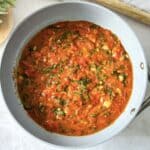
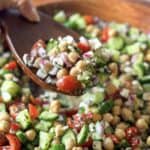

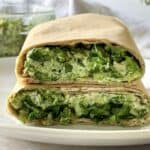
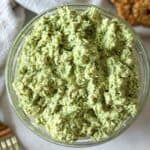
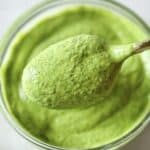
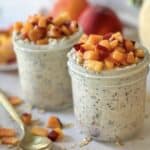




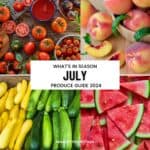
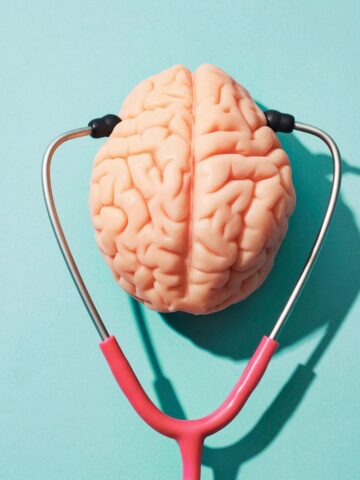
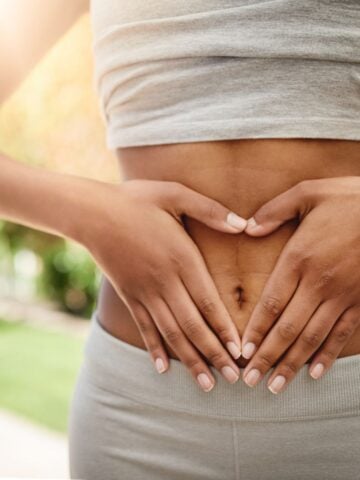
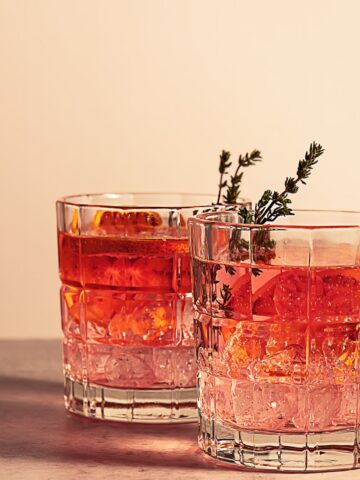
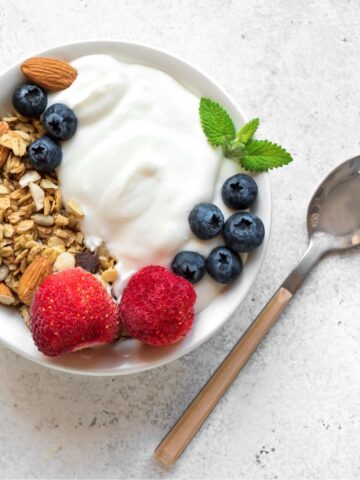
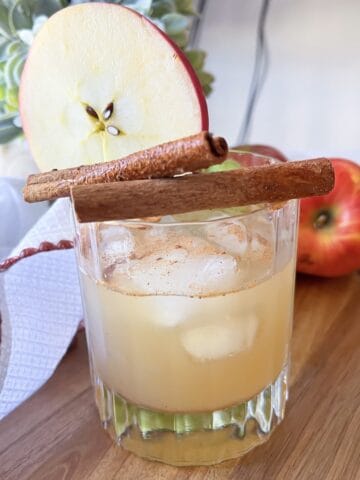


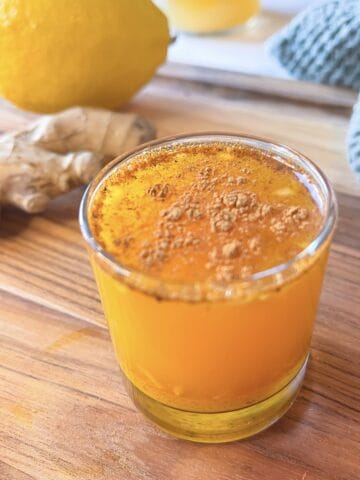
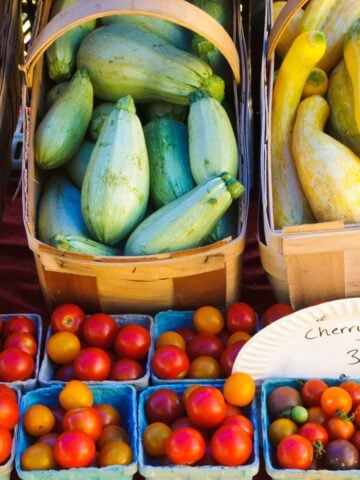

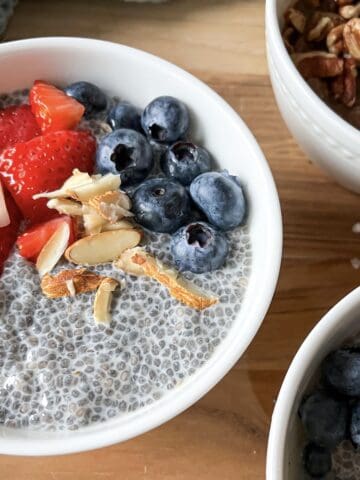
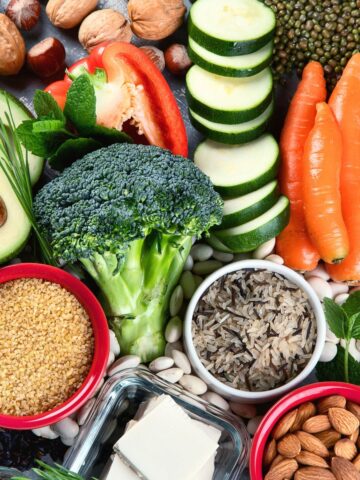
Comments
No Comments